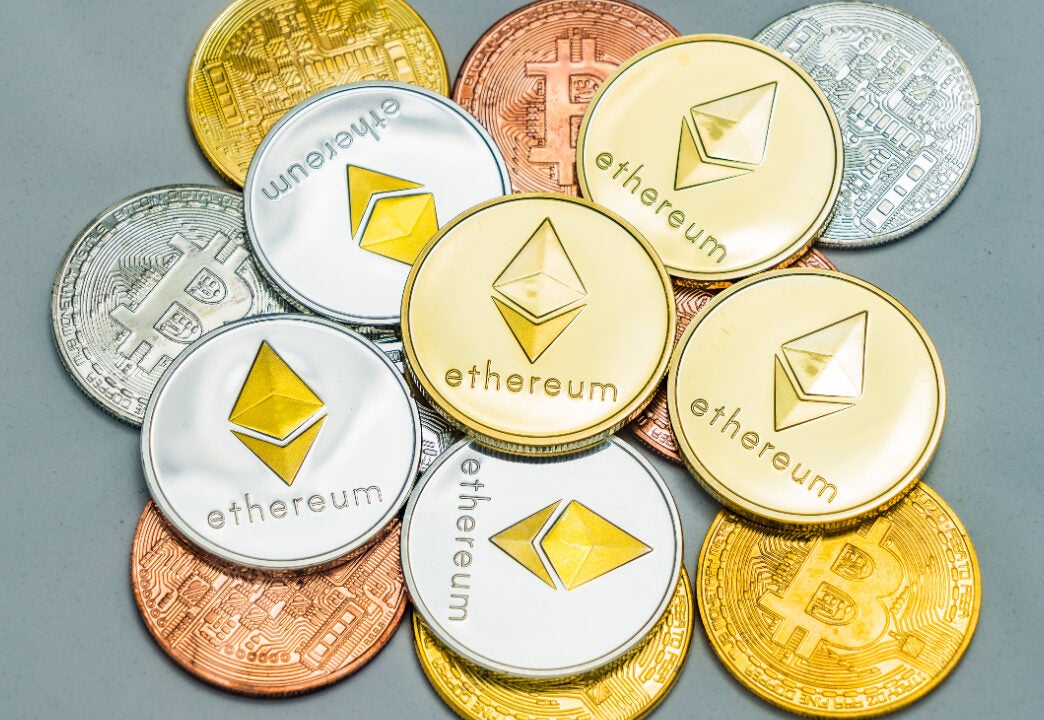In short, this is really a two prong answer. The massive uptick in cryptocurrency interest and transactions in Sri Lanka is the result of both economic turmoil at the local and global levels and the proliferation of peer to peer crypto networks. Let’s take a look at both of those factors in more detail.
Economic Concerns
Sri Lanka is considered an emerging market, and they were in a particularly vulnerable position at the time of the start of the Covid-19 pandemic. After decades of civil war finally ended in 2009, a significant amount of money was spent to make the nation a desirable destination for tourists. In fact, over 12% of their GDP came from tourism alone. That process was not cheap, and financing those improvements led to large amounts of debt held by foreign lenders.
Fast forward to 2019, a series of devastating terrorist attacks killed hundreds of people and heavily impacted the tourism industry. Stacking the long-term pandemic lockdown measures that were implemented and the global slowdown of travel in response to that on top of the already depressed industry was devastating to an already damaged economy.
In response, the government and central bank held interest rates low, restructured debt, and took out more debt leading to fears of looming inflation. The Sri Lankan rupee’s value crashed, and as a result of a debt deal with China, suffered even further devaluation when compared to the US dollar. On top of that, a large number of Sri Lankans also found themselves with reduced hours at work or even out of work entirely. They started looking for any way to offset those lost wages and found Bitcoin and other cryptocurrencies.
P2P Crypto Networks
Although the cryptocurrency space is currently unregulated in Sri Lanka, it remains illegal to purchase any virtual currency with a credit card which hampers many peoples’ ability to trade in crypto. Direct peer-to-peer purchases and social media trading groups did little to fill the gap due to well founded fears of potential scammers. Large P2P platforms like Paxful and Binance gained steam, and they fueled the rapid expansion of crypto transactions in Sri Lanka.
Binance launched support for the Sri Lankan rupee in 2020, and Paxful reported that trading levels in the first three months of 2021 eclipsed those seen in all of 2020 in Sri Lanka. Paxful alone reported an overall increase of a staggering 730% in the 12 months of transactions between April 2020 and April 2021.
Many in Sri Lanka are hoping for some substantial government regulation with regard to cryptocurrency. While their neighbor India has outright banned crypto transactions, the hope remains that Sri Lanka will not follow suit, and that the implementation of regulations will lend both stability and security to crypto trading. This could even further increase interest throughout the island nation into crypto, and with the global loosening of pandemic restrictions continuing, this could lead to an even greater crypto boom for Sri Lanka.
